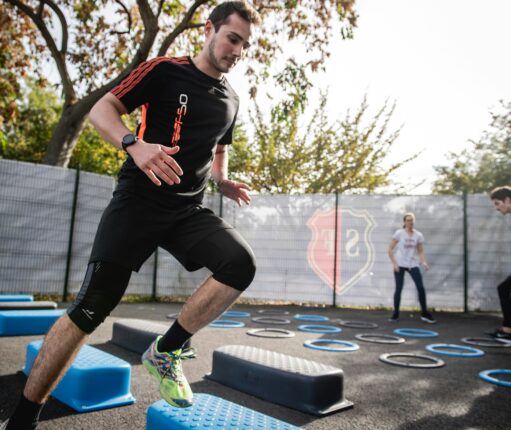If you are a nurse practitioner rotations and you are a bit confused as to how clinical rotations operate, you are definitely not alone; most new nursing students are quite nervous and scared. Clinical rotations are a fundamental aspect of nursing education, providing you with practical experiences in healthcare settings to apply theoretical knowledge. As a nursing student rotations, understanding what to expect during clinical rotations is essential to making the most of this valuable learning opportunity. This article aims to provide a comprehensive guide to clinical rotations.
Understanding Clinical Rotations
The purpose of clinicals is to provide you with practical experience in a real healthcare environment. You will be working with patients during clinical rotations under the supervision of your clinical instructor or a licenced nurse who works on the unit. This is your chance to apply the knowledge you have gained in the classroom.
Duration and Settings
The duration of clinical rotations varies depending on your nursing program and specific course requirements. Typically, rotations range from several weeks to a full semester and may encompass various healthcare settings, including hospitals, clinics, long-term care facilities, and community health centers. This diversity allows students to gain experience in different environments and patient populations, enhancing their adaptability and understanding of general nursing practice.
Expectations During Clinical Rotations
During your clinical rotations, you are expected to assume various responsibilities, such as:
- Collaborating with healthcare professionals, including nurses, physicians, and allied health professionals, to provide optimal patient care.
- Performing essential nursing procedures, such as vital sign measurements, medication administration, and patient positioning, under the supervision of a clinical instructor or preceptor.
- Documenting patient care activities and observations in a clear and concise manner, adhering to legal and ethical standards.
Learning Objectives
Clinical rotations are designed to help you as a nursing student, achieve specific learning objectives, which include:
- Developing your clinical skills and patient care competencies necessary for safe and effective nursing practice.
- Enhancing critical thinking, problem-solving, and decision-making abilities to respond effectively to dynamic patient care situations.
- Promoting effective communication, interpersonal, and collaborative skills to work effectively within the interprofessional healthcare team.
Grading and Evaluation
Nursing students are typically graded during clinical rotations based on various criteria, such as:
- Clinical competence is assessed through your demonstration of essential nursing skills and patient care activities.
- Your professional behavior, including attendance, punctuality, and adherence to the ethical and legal standards of nursing practice.
- Reflective practice, evaluated through the ability to analyze and learn from clinical experiences and apply new knowledge and skills to future practice.
The evaluation process during clinical rotations typically involves ongoing feedback from clinical instructors or preceptors, who observe and assess student performance. Regular evaluations provide students with valuable insights into their strengths and areas for improvement, enabling them to refine their skills and enhance their professional growth.
Benefits of Clinical Rotations
Clinical rotations offer numerous benefits to nursing students, such as:
- Skill development: Clinical rotations provide ample opportunities to hone your clinical skills and patient care competencies, ensuring that you are well-prepared to enter the nursing field.
- Confidence building: Direct interaction with patients and healthcare professionals during your rotation helps you develop confidence in their abilities, fostering a sense of self-efficacy and resilience.
- Networking opportunities: Engaging with professionals in various healthcare settings allows you to establish connections that may benefit their future careers, such as job opportunities, mentorship, and collaboration.
Extra Tips
To prepare for the challenges of clinical rotations, you should consider the following tips:
- You should review relevant course materials and thoroughly understand the learning objectives of each rotation.
- Develop a strong foundation in essential nursing skills, such as medication administration, vital sign measurements, and patient positioning.
- Cultivate effective time management and organizational skills to balance the demands of clinical rotations and academic coursework.
- Seek support from peers, faculty, and clinical instructors when needed, fostering a collaborative learning environment.
Conclusion
Clinical rotations are a crucial aspect of nursing education, providing students with practical experiences that shape their nursing practice. As future nursing professionals, you should embrace these experiences as opportunities to develop essential skills, build confidence, and establish connections that will benefit their careers and contribute to the healthcare community.







